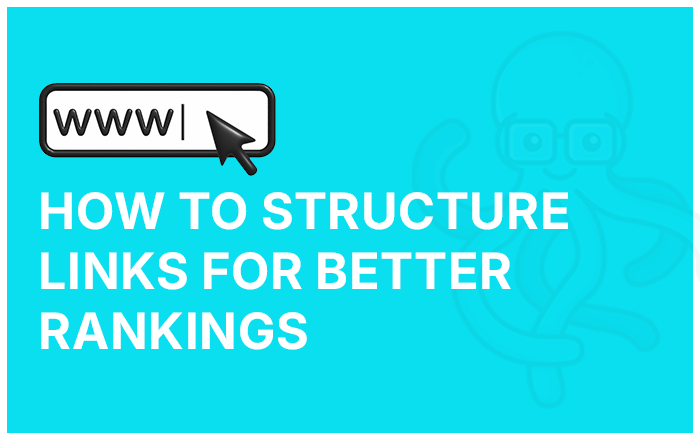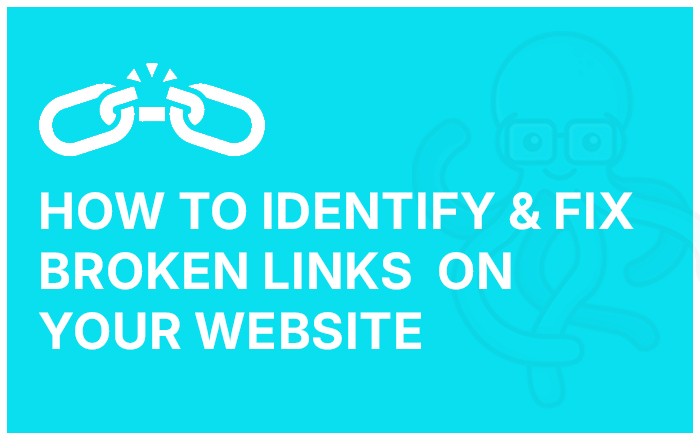Keyword research is the foundation of a strong SEO strategy. It focuses on finding the words and phrases your audience searches for when looking for products, services, or information related to your business. However, even seasoned marketers can stumble into common pitfalls during this process. At BizeeBay, we’ve observed and corrected numerous keyword research mistakes, helping our clients achieve remarkable results. In this blog, we’ll explore six prevalent keyword research mistakes and provide actionable insights on how to avoid them.
1. Neglecting Search Intent
Grasping the purpose behind a user’s search query is essential. Search intent can be categorized into:
- Informational: Seeking information (e.g., “how to fix a leaky faucet”).
- Navigational: Searching for a particular website (e.g., “BizeeBay sign-in”).
- Transactional: Aiming to make a purchase (e.g., “buy running shoes online”).
- Commercial Investigation: Researching products or services (e.g., “best SEO tools 2025”).
Focusing solely on keywords without considering their intent can lead to attracting the wrong audience. For instance, targeting a transactional keyword with informational content may result in high bounce rates.
How to Avoid:
- Analyze SERPs: Examine the search engine results pages for your target keywords to understand what type of content ranks.
- Match Content to Intent: Ensure your content aligns with the user’s intent, providing the information or solutions they seek.
2. Targeting Only High-Volume Keywords
While high-volume keywords can drive significant traffic, they are often highly competitive and may not lead to conversions. Focusing solely on these can be a strategic misstep
How to Avoid:
- Incorporate Long-Tail Keywords: These are longer, more specific phrases with lower search volumes but higher conversion potential (e.g., “affordable eco-friendly wedding venues in Texas”).
- Assess Keyword Difficulty: Use SEO tools to evaluate the competitiveness of keywords and target those within your domain’s authority range.
3. Overlooking Long-Tail Keywords
Long-tail keywords may have lower search volumes, but they often reflect a user’s specific needs and exhibit higher conversion rates.
How to Avoid:
- Utilize Keyword Research Tools: Platforms like Google’s Keyword Planner or Ahrefs can help identify relevant long-tail keywords.
- Analyze Customer Queries: Review customer inquiries and feedback to uncover common long-tail search terms.
4. Not Analyzing Competitor Keywords
Ignoring the keywords your competitors target can result in missed opportunities and a lack of competitive insight.
How to Avoid:
- Conduct Competitor Analysis: Use tools like SEMrush or Ahrefs to identify the keywords your competitors rank for.
- Identify Content Gaps: Determine which keywords drive traffic to competitors but are absent from your strategy, and consider incorporating them.
5. Ignoring Keyword Difficulty
Targeting highly competitive keywords without considering your site’s authority can lead to poor rankings and wasted resources.
How to Avoid:
- Evaluate Keyword Difficulty: Use SEO tools to assess the competitiveness of keywords.
- Balance Your Strategy: Target a mix of low, medium, and high-difficulty keywords to optimize both short-term and long-term results.
6. Focusing Solely on Exact Match Keywords
Relying only on exact match keywords can limit your content’s reach and fail to capture variations in user searches.
How to Avoid:
- Incorporate Synonyms and Related Terms: Use variations of your target keywords to capture a broader audience.
- Write Naturally: Focus on creating high-quality content that naturally includes different keyword variations.
Takeaways
Avoiding these common keyword research mistakes is essential for developing an effective SEO strategy. By understanding search intent, balancing keyword difficulty, and incorporating long-tail keywords, you can enhance your site’s visibility and attract the right audience. At BizeeBay, we specialize in crafting tailored SEO strategies that drive results. Our expertise in keyword research and content optimization has helped clients achieve significant growth.
Frequently Asked Questions
Q1: What is search intent, and why is it important in keyword research?
Search intent refers to the purpose behind a user’s search query. Understanding it ensures your content aligns with what users are seeking, leading to higher engagement and conversions.
Q2: How can I find long-tail keywords relevant to my business?
Utilize keyword research tools, analyze customer inquiries, and explore forums or social media discussions to identify specific phrases your target audience uses.
Q3: Why should I analyze competitor keywords?
Analyzing competitor keywords helps identify opportunities and gaps in your own strategy, allowing you to target keywords that are driving traffic to similar businesses.
Q4: What is keyword difficulty, and how does it affect my SEO strategy?
Keyword difficulty measures how hard it is to rank for a specific keyword. Targeting keywords with appropriate difficulty levels relative to your site’s authority can improve your chances of ranking.
Q5: How can focusing solely on exact match keywords limit my SEO efforts?
Focusing only on exact match keywords can restrict your reach. Incorporating synonyms and related terms allows you to capture a wider audience and improve content relevance.






